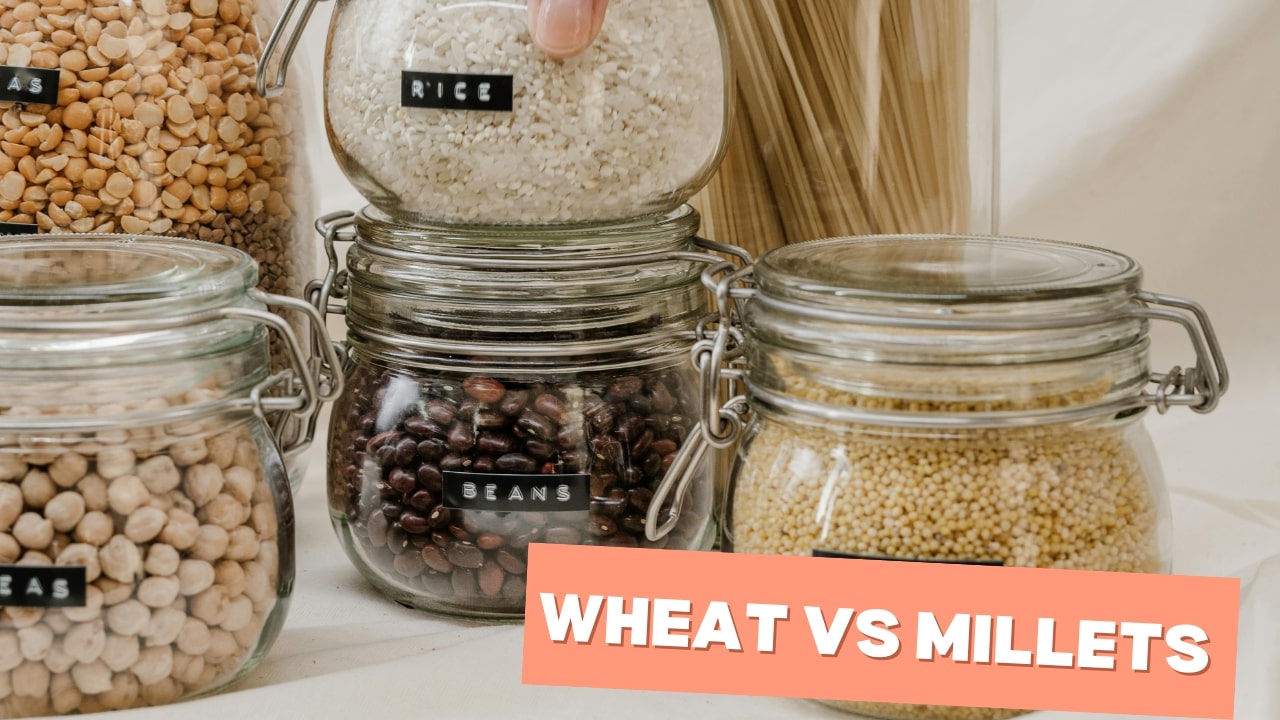
Wheat vs. Millet: Which One Wins in Healthy Baking?
When it comes to healthy baking, the debate between wheat and millet is gaining more attention than ever. With more
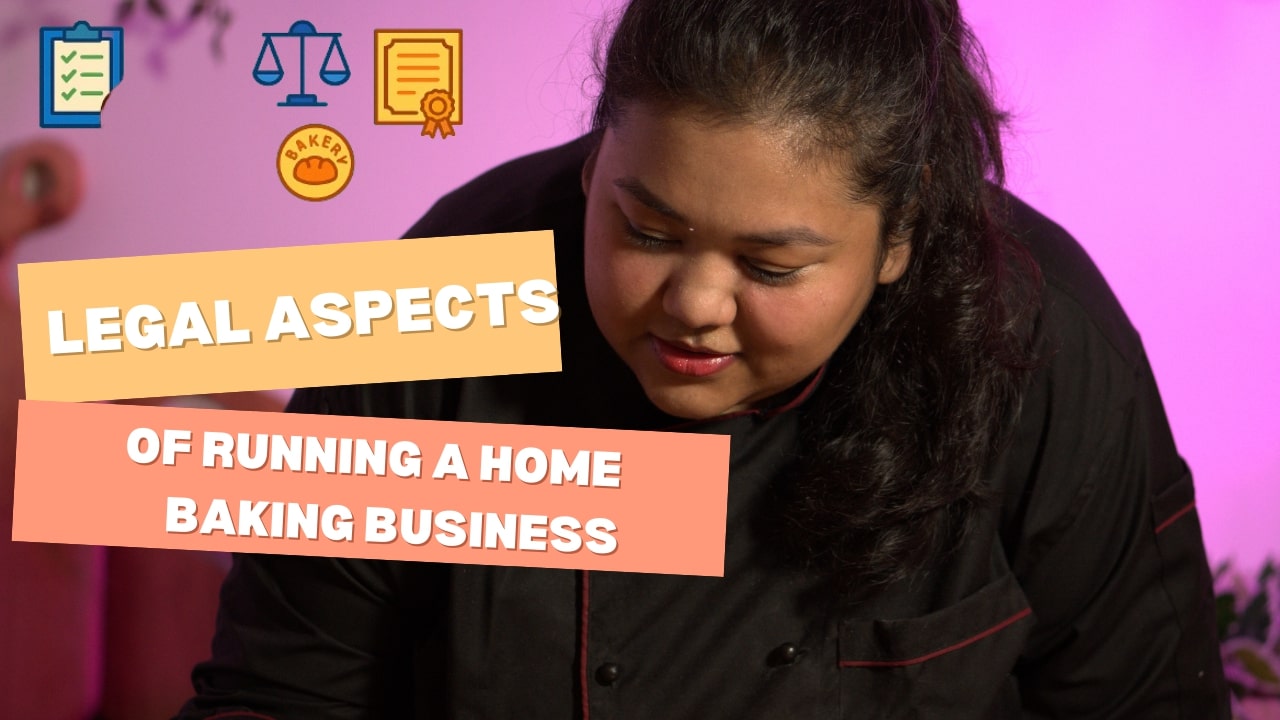
If you love baking and want to turn it into a business from home, that’s amazing! But before you start selling those delicious cupcakes and brownies, it’s important to understand the legal requirements. Following the rules will keep your business safe, trusted, and professional.
Let’s break it down step by step in simple terms:
Even if you’re running a home business, it’s a good idea to register it legally.
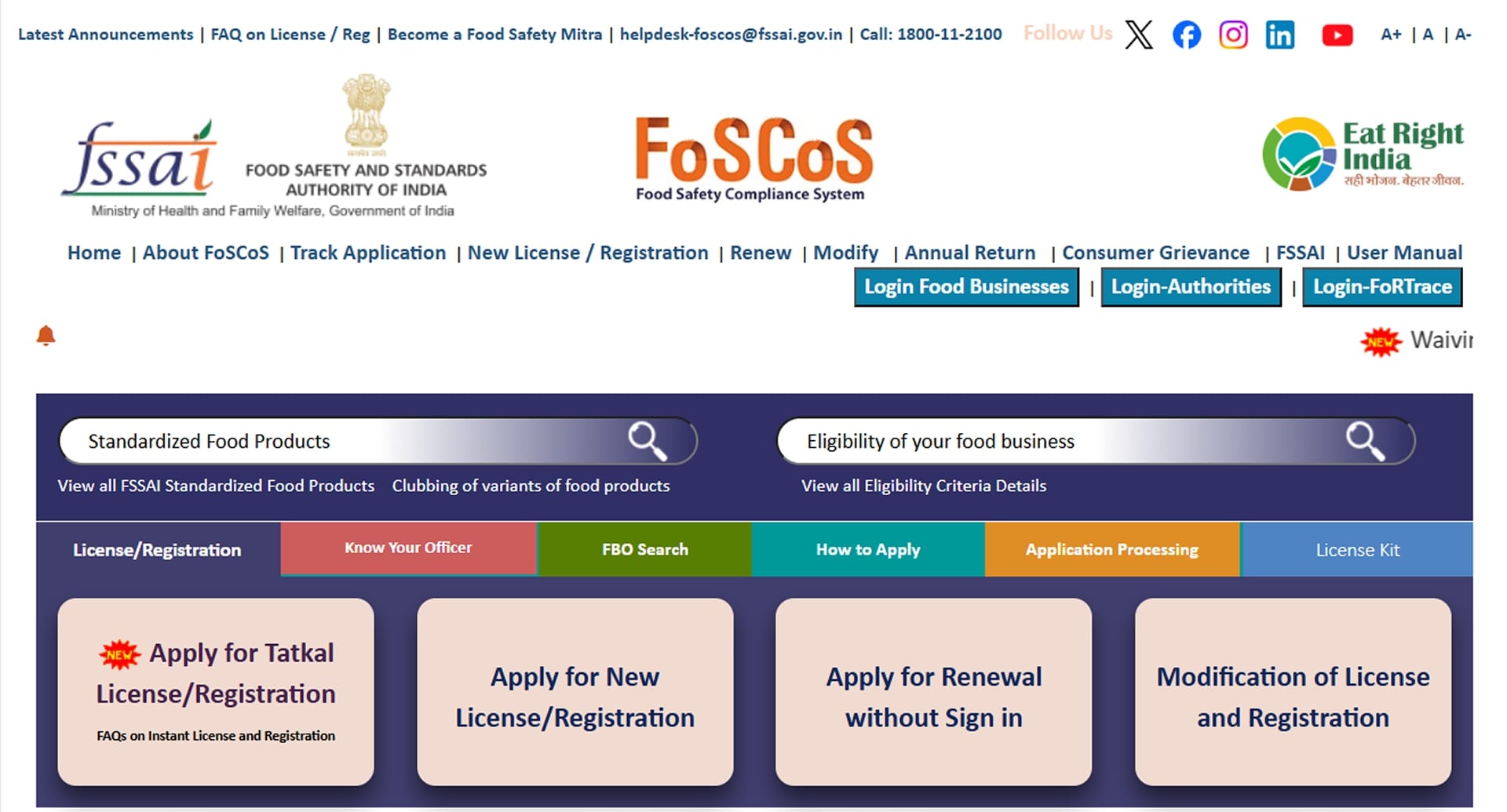
This is required if you are selling any type of food.
Basic FSSAI License – For turnover up to ₹12 lakh annually (most home bakers come under this)
State License – For turnover over ₹12 lakh
Apply online at: https://foscos.fssai.gov.in

If your turnover is over ₹20 lakh/year, then you require GST registration. But even then, below that, some bakers register to:
Even when cooking from home, the FSSAI insists upon clean and safe habits:
You may also need to show a small “FSSAI logo and license number” on your packaging after you are registered.
If you are selling packaged food (cookies, jar cakes, etc.), you will have to abide by some simple labeling rules:
Your label must have:
Consider how you will deliver and package your goods:
At times, local authorities or housing societies have regulations for operating a business from home.
If you are selling on platforms such as:
You do not need snazzy software, but you must:
may be used to your advantage
Home baking business is exciting, creative, and fulfilling—but being legally compliant creates trust and lets you grow peacefully.
Get started small, remain clean, and follow rules consistently. In that way, your home baking experience becomes not only successful—but also safe and enduring.

When it comes to healthy baking, the debate between wheat and millet is gaining more attention than ever. With more
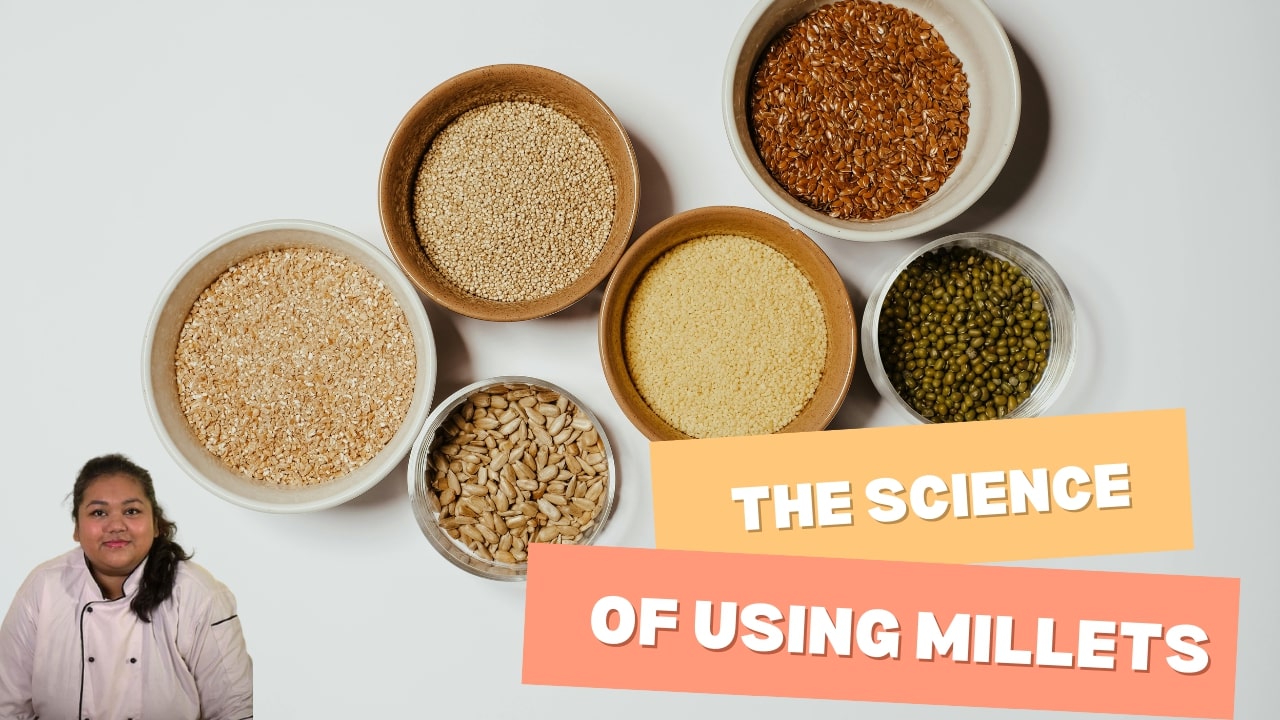
In a world where everyone is in pursuit of superfoods, millets finally have the shine they deserve. These old-world grains
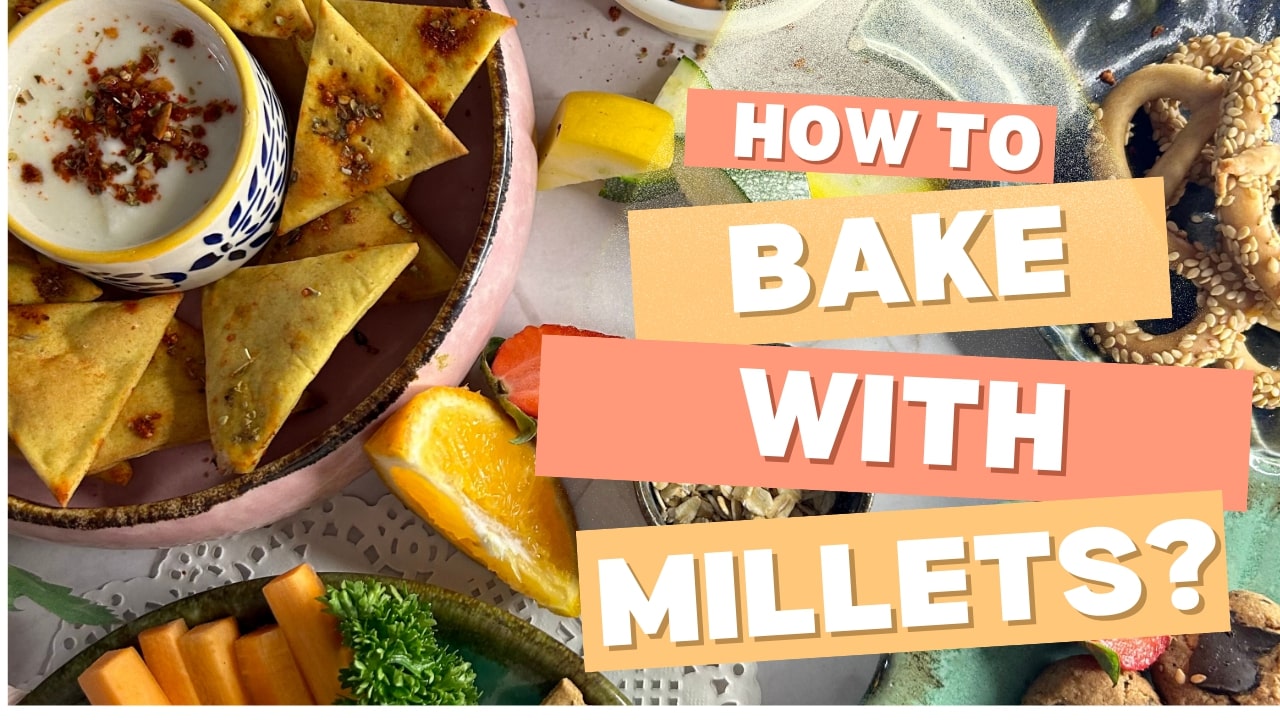
Hello friends! I am Chef Sushmita, and today I’ll be sharing with you some easy tips and tricks of baking